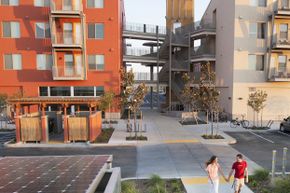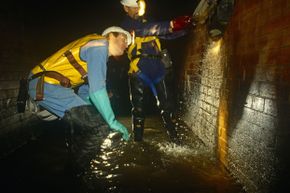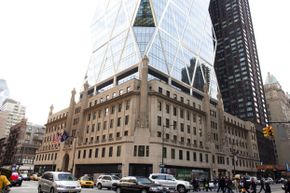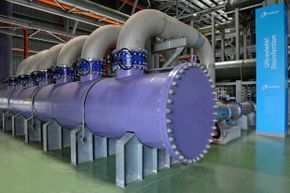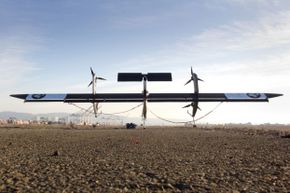Key Takeaways
- Key advancements in environmental engineering include the development of sewers to manage waste, aqueducts to transport water, and biofiltration systems to remove odors and contaminants.
- Innovations such as bioswales for managing stormwater runoff, hybrid and electric vehicles for reduced emissions, and sustainable building certification programs like LEED and BREEAM demonstrate the field's focus on eco-friendly solutions.
- Future-oriented technologies include eco-san systems for waterless sanitation, ultraviolet germicidal irradiation for disinfection, agroforestry for integrated land use, and high-altitude wind energy generation using kites.
Environmental engineering is something that you can get a degree in these days, but the field is one that existed long before it had a name, begun at the dawn of civilization when we started modifying our environment to meet our needs. It involves applying science and engineering practices to how we utilize and impact our natural resources. Modern environmental engineers work on solutions to issues like pollution reduction and cleanup, energy consumption and emissions, land erosion, water treatment and waste management in an effort to properly manage and maintain the quality of our soil, water and air. They strive to keep everyone healthier and happier by helping us live off the land more efficiently and less destructively.
Environmental engineers are perhaps unsung heroes who have helped make the modern world what it is today, replete with relatively safe food and water, breathable air, largely plague-free living environments and energy-efficient fuel consumption to help power pretty much everything we do. The human population is around 7 billion and counting. The field will only increase in importance as that number grows.
Advertisement
There have already been some major innovations that helped get most of us to this point alive and well. Read on to find out what sorts of things these stewards of the earth have provided for us in the past, and are working on for the future.
